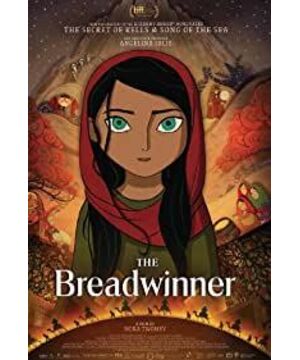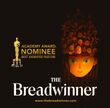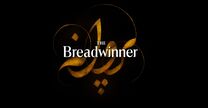From a feminist perspective, The Breadwinner takes several different angles. Tellihua is against the anti-primitive family and yearns for a distant place. Her resistance is more thorough, and the road she walks is more painful and dangerous. The elder sister and mother are family women with tenacity and peaceful strength, even the Hala who has never shown her face. As symbols of Razak's humanity, they represent millions of such family women. After reading it, I just want to sigh: Eternal women lead us to soar. The growth of the heroine is also memorable. On the road of resistance, if one abandons the original intention and human nature, and is overshadowed by extreme malice, then one will definitely go down a dark path and become an accomplice of the oppressor. And watching another line involved in the film - anti-war, I feel a kind of soft and profound introspection. The chaotic tyranny brought by the war and after the war is reflected everywhere in the film. And the final image actively expresses the urgency of anti-war - those irreversible wounds will eventually turn into scars in history and become a lesson for future generations. Compared with pure feminism, "The Breadwinner" is more like showing the brilliance of humanity in troubled times. It contains the consciousness of resistance, the simple goodwill, the eternal brilliance of knowledge and conscience.
View more about The Breadwinner reviews











